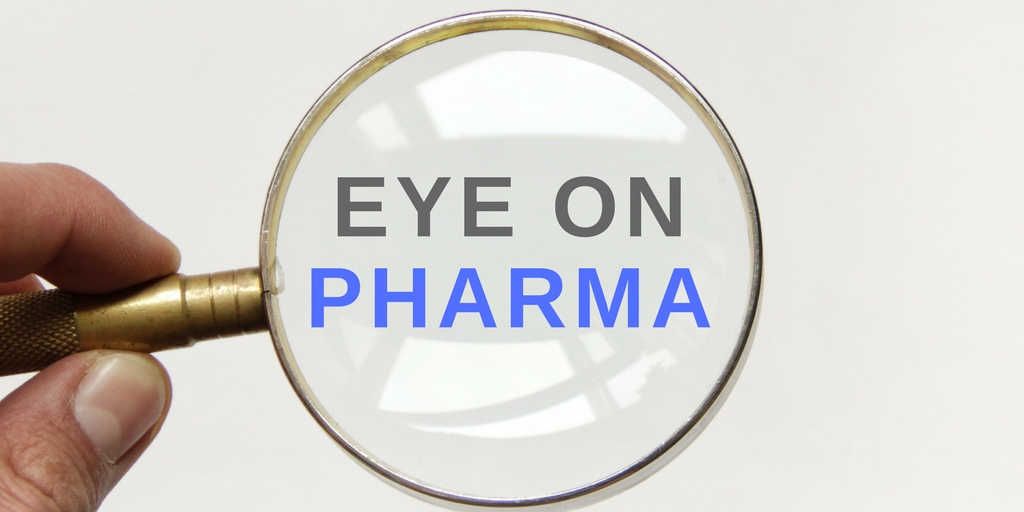- Bone Health
- Immunology
- Hematology
- Respiratory
- Dermatology
- Diabetes
- Gastroenterology
- Neurology
- Oncology
- Ophthalmology
- Rare Disease
- Rheumatology
Eye on Pharma: VA Picks Hadlima; Biocon, Sandoz Partnership; A Stelara Settlement Abroad
The US Department of Veterans Affairs (VA) has chosen to replace Humira (adalimumab) with Organon’s biosimilar version on its national formulary; Biocon Biologics and Sandoz announce a new partnership in Australia for 2 biosimilars; Alvotech settles with Johnson & Johnson over its biosimilar to Stelara (ustekinumab) for the European and Canadian markets.

The US Department of Veterans Affairs (VA) has chosen to replace Humira (adalimumab) with Organon’s biosimilar version on its national formulary; Biocon Biologics and Sandoz announced a new partnership in Australia for 2 biosimilars; Alvotech settled with Johnson & Johnson (J&J) over its biosimilar to Stelara (ustekinumab) for the European and Canadian markets.
VA Decides to Cover Hadlima Over Humira
Organon announced that the VA has selected Hadlima (adalimumab-bwwd), an adalimumab biosimilar, as the sole adalimumab product on its national formulary, removing the originator Humira entirely.
Hadlima was approved by the FDA in July 2019, launched on the US market in July 2023, and is used in the treatment of rheumatoid arthritis, juvenile idiopathic arthritis, psoriatic arthritis, ankylosing spondylitis, Crohn disease, ulcerative colitis, plaque psoriasis, hidradenitis suppurativa, and uveitis.
"America’s veterans deserve access to quality medicines at a lower cost. We are proud to support the more than nine million people enrolled in the VA healthcare system through this collaboration, which is a great example of industry and public sector working together,” said Kevin Ali, CEO of Organon. “We applaud the VA for its leadership in championing biosimilars and including all three of Organon’s biosimilars available in the US on its formulary."
Biocon Biologics and Sandoz Partner in Australia
Biocon Biologics and Sandoz have entered into a 5-year partnership regarding the commercialization of 2 biosimilars in Australia: Ogivri (trastuzumab) and Abevmy (bevacizumab). Under the partnership, Sandoz will have the exclusive rights to promote, sell, and distribute both products in the country.
Ogivri references Herceptin and is used to treat HER2-positive breast and gastric cancers. Abevmy, which references Avastin, is used in the treatment of several types of cancer, including colorectal, nonsquamous non–small cell lung, glioblastoma, kidney, cervical, and renal cell carcinoma.
The agreement is effective beginning January 1, 2024, with commercialization beginning February 1, 2024.
"Following the recent establishment of our strategic partnership with Sandoz in Japan, our agreement with Sandoz in Australia marks another important milestone of our global partnership and growth strategy. This relationship is also a crucial step for patients in Australia, ensuring continued access to high-quality, affordable biosimilar medicines used in oncology,” commented Matt Erick, chief commercial officer of advanced markets at Biocon Biologics.
Alvotech Settles With J&J Abroad
Alvotech reached settlement agreements with J&J regarding the former’s biosimilar (AVT04) for the latter’s Stelara, postponing market entrants for the biosimilar in Japan, Canada, and the European Union. The deals allow Alvotech’s product to enter the Canadian market in the first quarter 2024, the Japanese market in May 2024, and the first European markets in late July 2024.
The news comes after Alvotech settled with J&J regarding the US commercialization of AVT04 until 2025. In addition, Samsung Bioepis and Amgen have also agreed to postpone US launches of their respective ustekinumab biosimilars until 2025.
“We look forward to working with our commercial partners in launching the first biosimilar to Stelara in these global markets, thereby increasing patient access to a vital biologic,” said Robert Wessman, chairman and CEO of Alvotech, in a statement.
Newsletter
Where clinical, regulatory, and economic perspectives converge—sign up for Center for Biosimilars® emails to get expert insights on emerging treatment paradigms, biosimilar policy, and real-world outcomes that shape patient care.
